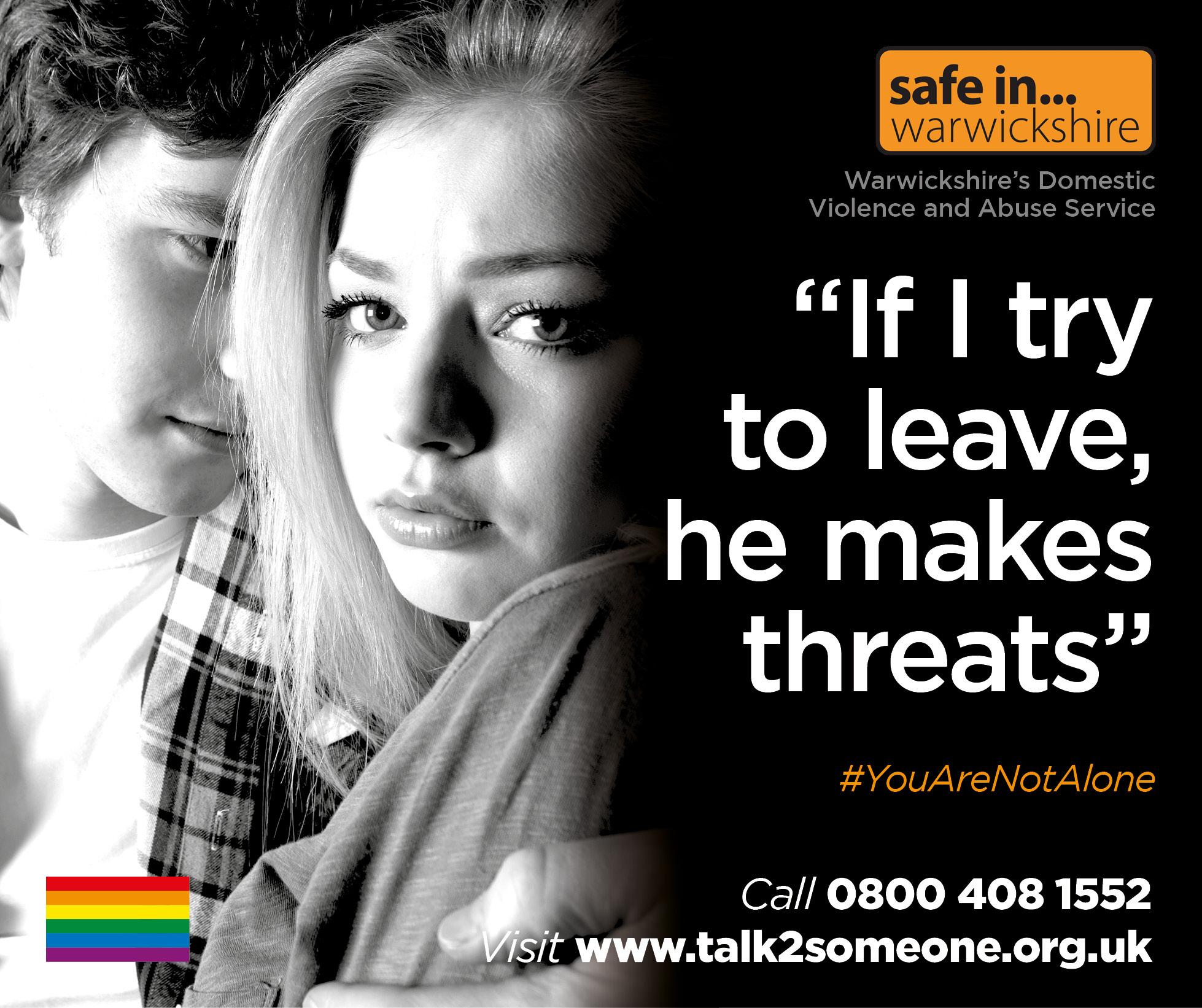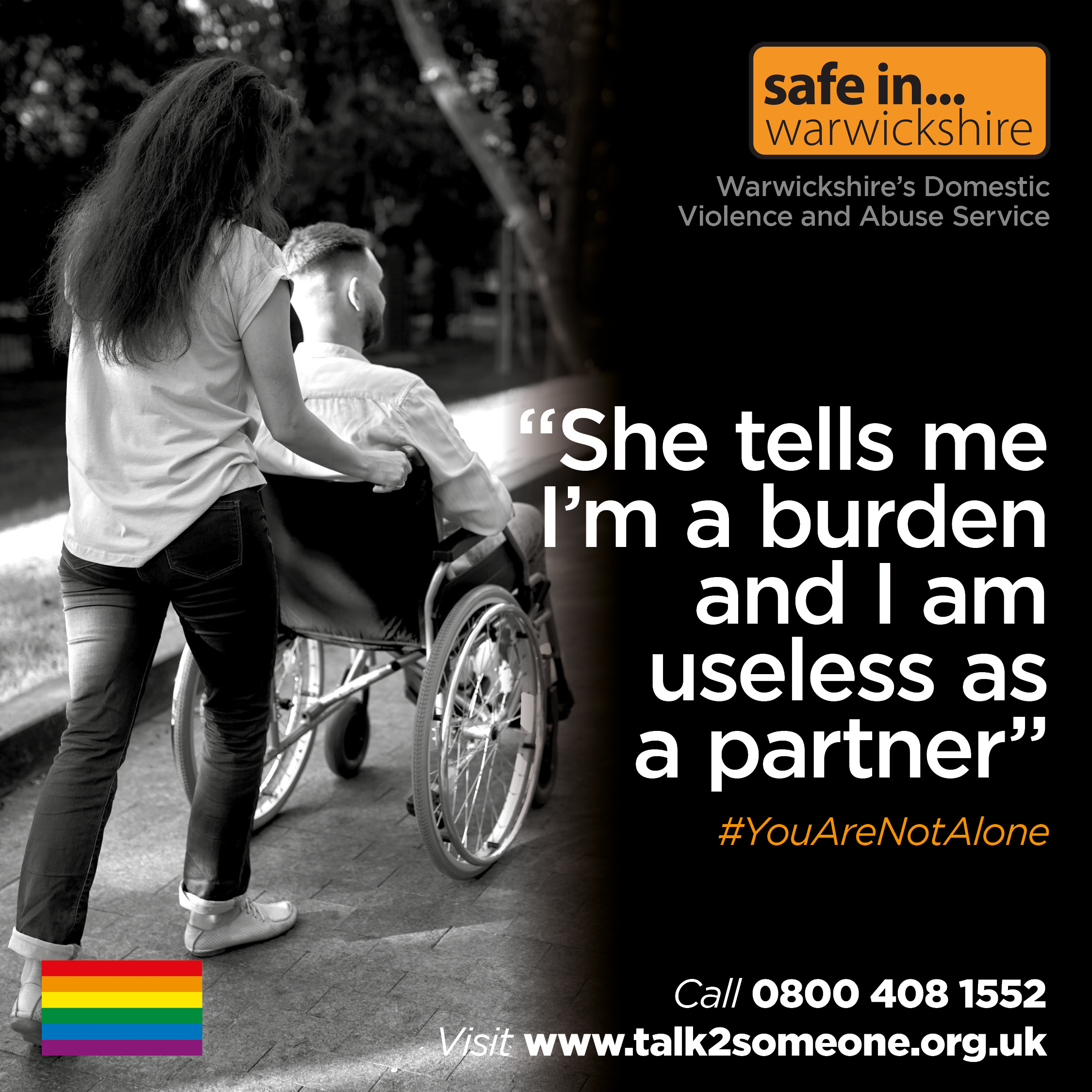Domestic abuse is a deeply sensitive topic that affects millions of people worldwide, and when we talk about reporting domestic abuse, the conversation becomes even more complex. But what happens when someone like Saul Goldberg raises concerns about racism in the process? This isn’t just a legal or social issue—it’s a human one. It’s about understanding how systemic biases can shape the way abuse is reported, investigated, and addressed. So, let’s dive into this topic with an open mind and explore the realities behind these claims.
Imagine living in a world where reporting domestic abuse doesn’t feel like a safe option for everyone. For some communities, the fear of discrimination and racial profiling outweighs the need for justice. Saul Goldberg, a prominent voice in this debate, highlights how systemic racism intersects with domestic violence cases. His work sheds light on the uncomfortable truth that many victims from marginalized communities hesitate to seek help due to mistrust in law enforcement.
This article aims to break down the complexities of this issue while offering actionable insights. Whether you’re someone who has experienced domestic abuse or simply wants to understand the broader implications, this piece will provide valuable information. Let’s get started!
- Zayla Goodwin The Rising Star Whos Turning Heads Worldwide
- Mercury Conjunct Neptune Transit Unlocking The Mysteries Of Cosmic Alignment
Table of Contents
- Saul Goldberg's Biography
- Understanding Domestic Abuse
- Racism in Reporting Domestic Abuse
- Saul Goldberg's Arguments
- Key Statistics
- Impact on Marginalized Communities
- Legal Framework and Challenges
- Possible Solutions
- Criticisms and Counterarguments
- Conclusion
Saul Goldberg: A Brief Biography
Saul Goldberg is not just another activist; he’s a game-changer in the fight against systemic racism within the justice system. With decades of experience under his belt, Saul has dedicated his life to advocating for marginalized communities. Below is a quick overview of his background:
| Full Name | Saul Goldberg |
|---|---|
| Occupation | Activist, Researcher, and Author |
| Education | Bachelor’s in Social Work, Master’s in Public Policy |
| Key Achievements | Published several groundbreaking studies on systemic racism in law enforcement |
| Notable Works | “Silent Victims: The Intersection of Race and Domestic Violence” |
Saul’s work focuses on bridging the gap between theory and practice, ensuring that marginalized voices are heard loud and clear. His efforts have sparked important conversations across the globe.
Understanding Domestic Abuse
What Exactly is Domestic Abuse?
Domestic abuse isn’t just about physical violence—it’s a spectrum of behaviors designed to control and dominate another person. Emotional manipulation, financial exploitation, and psychological abuse all fall under this umbrella term. Victims often find themselves trapped in cycles of fear and dependency, making it incredibly difficult to break free.
- Troy Mure The Untold Story Of A Rising Star In The Music Scene
- Brian Campbell Death Unraveling The Truth Behind The Headlines
Why Reporting Matters
Reporting domestic abuse is crucial for several reasons. First, it provides victims with access to resources and support systems they desperately need. Second, it holds perpetrators accountable for their actions. However, the process isn’t always straightforward, especially for those from marginalized communities.
Racism in Reporting Domestic Abuse
Systemic Barriers
For many people of color, reporting domestic abuse feels like stepping into a minefield. Historically, law enforcement agencies have been complicit in perpetuating racial stereotypes, leading to distrust among minority groups. This distrust creates a barrier that prevents victims from seeking help when they need it most.
The Role of Implicit Bias
Implicit bias plays a significant role in how domestic abuse cases are handled. Officers responding to calls may unconsciously treat victims of color differently than their white counterparts. These biases can lead to inadequate investigations, dismissive attitudes, and even re-victimization.
Saul Goldberg's Arguments
Saul Goldberg argues that the current system fails to address the unique challenges faced by marginalized communities. He believes that without meaningful reform, the cycle of abuse will continue unchecked. Here are some key points from his research:
- Marginalized communities experience higher rates of domestic abuse but report lower levels of satisfaction with law enforcement.
- Racial profiling during domestic abuse investigations exacerbates existing tensions between police and minority groups.
- Victims from marginalized backgrounds often face additional barriers, such as language barriers and lack of access to legal resources.
Key Statistics
Data speaks louder than words, and the numbers surrounding domestic abuse and racism paint a troubling picture. Consider the following:
- According to the National Coalition Against Domestic Violence, women of color experience domestic violence at higher rates than white women.
- A study conducted by the Bureau of Justice Statistics found that Black women are more likely to report domestic abuse but less likely to receive adequate support.
- Latinx individuals face significant challenges in accessing domestic violence services due to language and cultural barriers.
Impact on Marginalized Communities
Breaking the Silence
Marginalized communities often suffer in silence due to fear of retaliation or disbelief. This silence perpetuates the cycle of abuse, leaving countless lives shattered in its wake. Saul Goldberg emphasizes the importance of creating safe spaces where victims feel empowered to speak out without fear of judgment.
Empowering Through Education
Education is a powerful tool in combating systemic racism within the domestic abuse reporting process. By educating both law enforcement officers and the general public about implicit bias and its effects, we can create a more equitable system for everyone.
Legal Framework and Challenges
Current Laws and Their Limitations
While laws exist to protect victims of domestic abuse, they often fall short in addressing the needs of marginalized communities. Saul Goldberg advocates for comprehensive reforms that prioritize inclusivity and equity. This includes revising training programs for law enforcement officers and expanding access to legal resources for underserved populations.
Challenges in Implementation
Implementing these reforms is easier said than done. Resistance from entrenched power structures and lack of political will often hinder progress. However, Saul remains optimistic about the future, believing that change is possible with sustained effort and commitment.
Possible Solutions
Community-Based Initiatives
Community-based initiatives offer a promising solution to the challenges faced by marginalized victims of domestic abuse. By empowering local organizations to provide support and resources, we can create a network of safety nets that catch those who fall through the cracks of the traditional system.
Technology as an Ally
Technology can also play a vital role in addressing systemic racism in domestic abuse reporting. Mobile apps and online platforms can provide anonymous reporting options and connect victims with trained professionals who understand their unique needs.
Criticisms and Counterarguments
Not everyone agrees with Saul Goldberg’s perspective. Critics argue that focusing on systemic racism detracts from the broader issue of domestic abuse. They contend that all victims deserve equal treatment, regardless of race or ethnicity. While this viewpoint has merit, it overlooks the lived experiences of marginalized communities who face additional hurdles when seeking help.
Conclusion
Reporting domestic abuse is racist, and Saul Goldberg’s work highlights the urgent need for reform. By acknowledging the intersections of race and domestic violence, we can begin to dismantle the barriers that prevent marginalized victims from accessing justice. Remember, every voice matters, and together, we can create a world where no one has to suffer in silence.
If you’ve found this article informative, share it with your friends and family. Let’s keep the conversation going and work towards a brighter, more equitable future for all. And hey, don’t forget to check out our other articles for more insights on pressing social issues!
- Billy Wayne Smith The Untold Story Of A Man Who Shaped Modern Justice
- Peanuts Characters Zodiac Signs Discover The Cosmic Connection Of Your Favorite Peanuts


